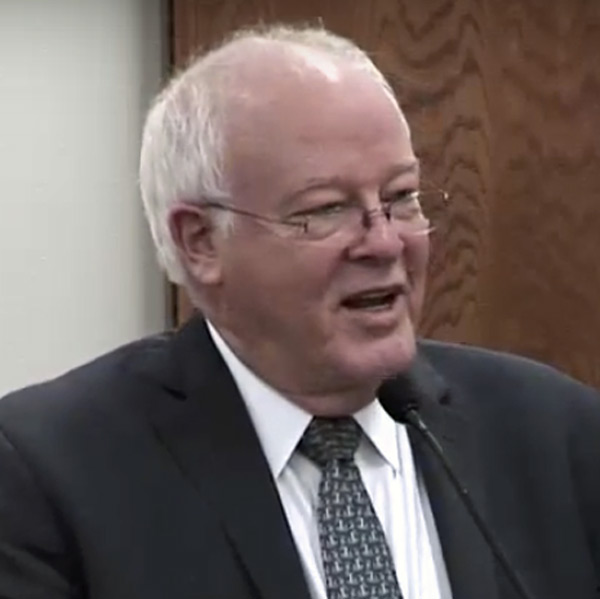By Rory D. Sweeney
FERC last week granted East Kentucky Power Cooperative an exemption from being required to purchase power from Public Utility Regulatory Policies Act qualifying facilities larger than 20 MW — but not in time for the cooperative to avoid such purchases from two solar projects within its territory.
The 1978 federal law requires that utilities — including municipals and cooperatives — purchase electricity from QFs at the utility’s “avoided cost.” QFs were defined as cogenerating plants and small power producers under 80 MW. FERC Order 688, issued in October 2006, granted utilities the ability to disregard the requirement for QFs over 20 MW if they can prove the facilities have nondiscriminatory access to the wholesale markets. As a PJM member, EKPC argued that QFs in its territory have that access.
FERC agreed, but it declined to backdate the approval far enough for EKPC to avoid contracting with two solar projects.
“Until a utility applies for termination of the PURPA mandatory purchase obligation, and the commission grants such application, a QF has the statutory right to pursue a contract or other legally enforceable obligation with that utility,” FERC said.
The 80-MW Bluebird Solar and 60-MW Blue Jay Solar projects notified EKPC in December and March, respectively, of their intention to sell their entire output to the cooperative at the avoided cost rate.
EKPC argued that it first requested an exemption from the PURPA rules last November, which would have relieved the cooperative of any responsibility to buy from the solar projects. However, the commission’s lack of a quorum earlier this year caused the request to languish and eventually be denied by FERC staff once its 90-day time frame for action had passed.
The cooperative refiled the request on June 9, arguing that the effective date for the exemption should start from the November filing because it was reasonable to believe that FERC would have approved it with a quorum.
The commission rejected EKPC’s argument and set the effective date for June 9.




